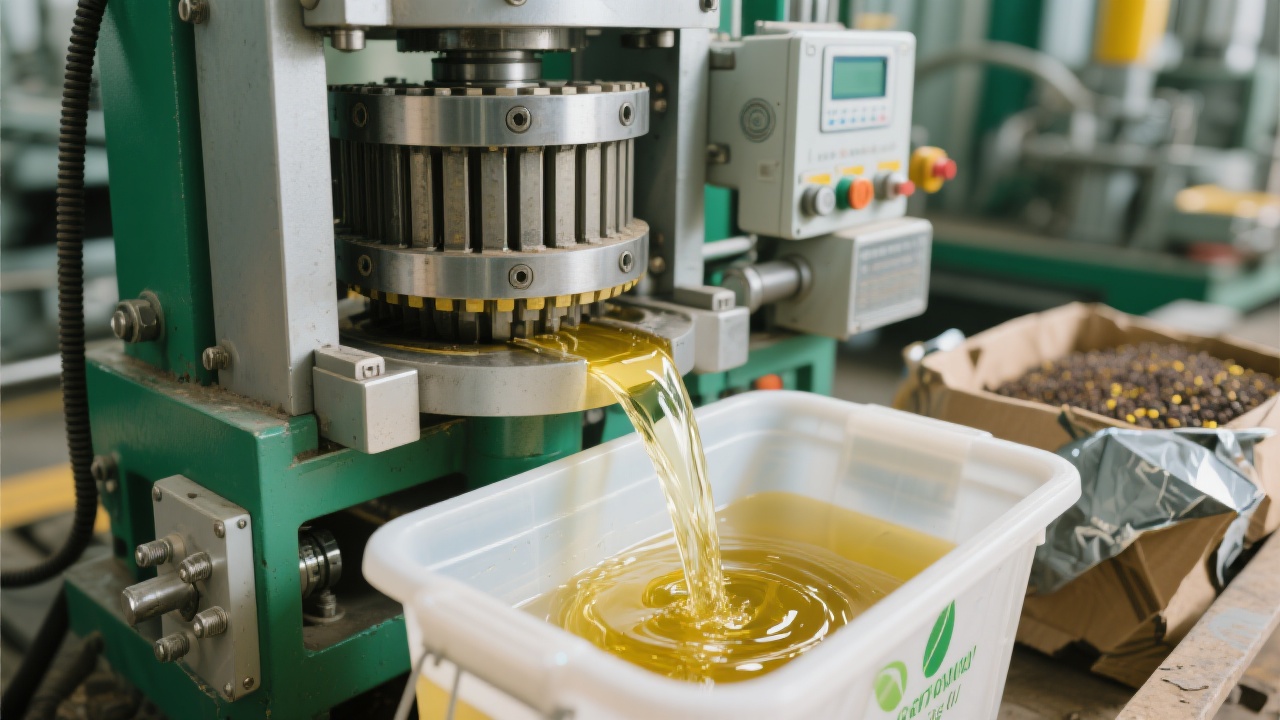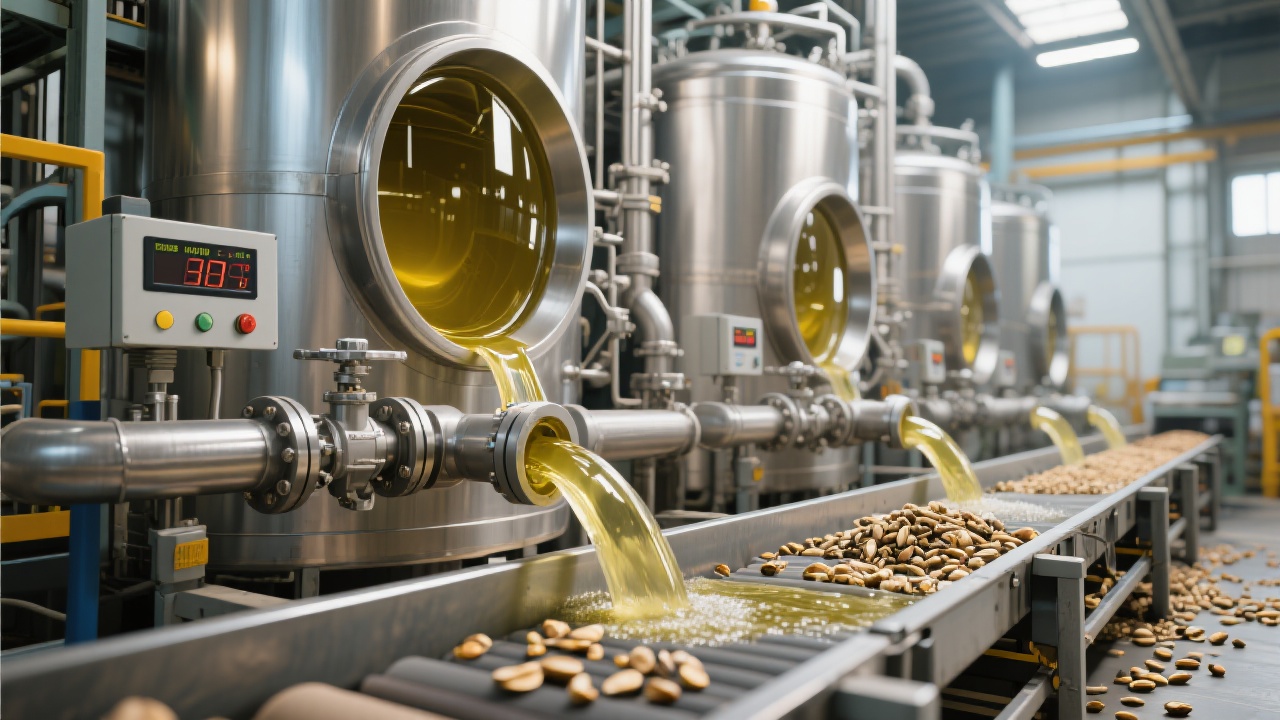
As the global demand for edible oils continues to rise, the oil production industry is evolving rapidly. Traditional single-purpose oil plants are increasingly being replaced by more advanced, flexible solutions that can adapt to diverse market needs. Among these, soybean oil plants have emerged as a powerful alternative, offering multifunctional capabilities and customizable output that significantly enhance their competitive edge.

Soybean oil plants are not limited to processing only soybeans. These facilities are designed to handle a wide range of oilseeds, including rapeseed, sunflower seeds, peanuts, and even palm kernels. This versatility allows manufacturers to adjust their production lines based on seasonal availability, market trends, and customer preferences.
According to industry data from 2023, over 65% of modern oil plants now operate with multi-crop processing capabilities. This flexibility reduces dependency on a single raw material and helps stabilize production costs, especially in volatile markets where supply chain disruptions are common.
| Oilseed Type | Average Yield (kg per ton) |
|---|---|
| Soybean | 170–180 |
| Rapeseed | 220–240 |
| Sunflower Seed | 120–135 |
| Peanut | 140–150 |

The ability to customize oil output is another key advantage of soybean oil plants. Whether it's producing high-oleic soybean oil, cold-pressed oils, or specialty blends, these systems can be configured to meet specific quality and volume requirements. This level of customization is particularly valuable in niche markets such as organic food, premium cooking oils, and industrial applications.
For example, a small-scale oil plant in Southeast Asia recently adopted a modular system that allowed them to produce both refined and unrefined soybean oil. This adaptation enabled them to cater to local consumers who prefer traditional methods while also meeting export standards for international buyers.
Whether you're a startup or an established player, soybean oil plants can be scaled to fit your operational size. In smaller setups, the focus is often on efficiency and cost control, while larger operations emphasize automation, yield optimization, and product diversification.
A case study from Brazil highlights how a large-scale soybean oil plant integrated AI-driven analytics into its production process. By analyzing real-time data, the facility improved energy efficiency by 18% and reduced waste by 12%, demonstrating the long-term value of smart, adaptable systems.

The global oil production sector is witnessing a shift toward more agile and sustainable models. According to a 2024 report by the International Food Processing Association, 72% of companies are investing in flexible oil processing technologies. This trend aligns with growing consumer demands for transparency, sustainability, and product variety.
Soybean oil plants, with their ability to switch between different oil sources and tailor outputs, are well-positioned to lead this transformation. Their adaptability ensures that producers can quickly respond to changing market conditions without significant capital investment.
Compared to traditional single-purpose oil plants, soybean oil plants offer several distinct advantages:
These factors collectively contribute to a stronger return on investment and greater long-term stability for oil producers.
Ready to upgrade your oil production capabilities? Discover how our soybean oil plants can provide the flexibility, efficiency, and customization you need to stay ahead in today’s dynamic market. Don’t miss out on the opportunity to build a more resilient and profitable operation.
Explore Our Solutions Now
